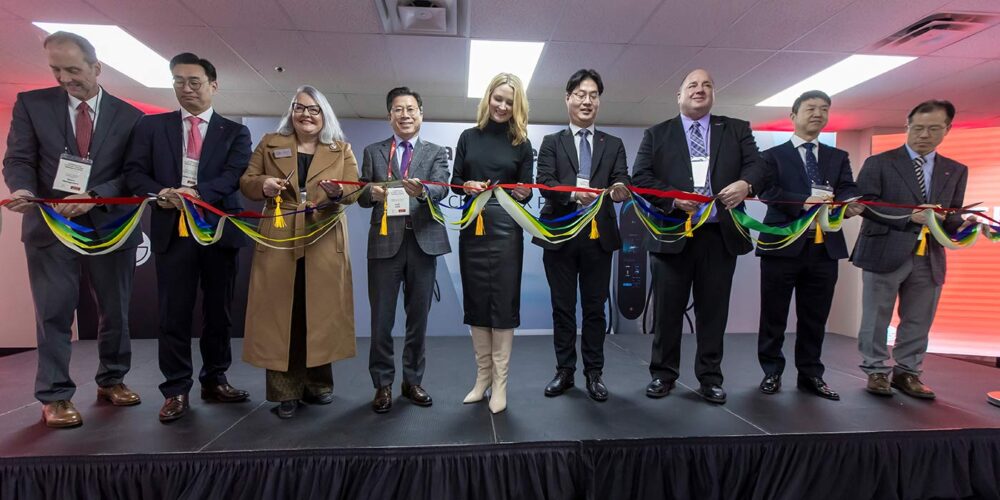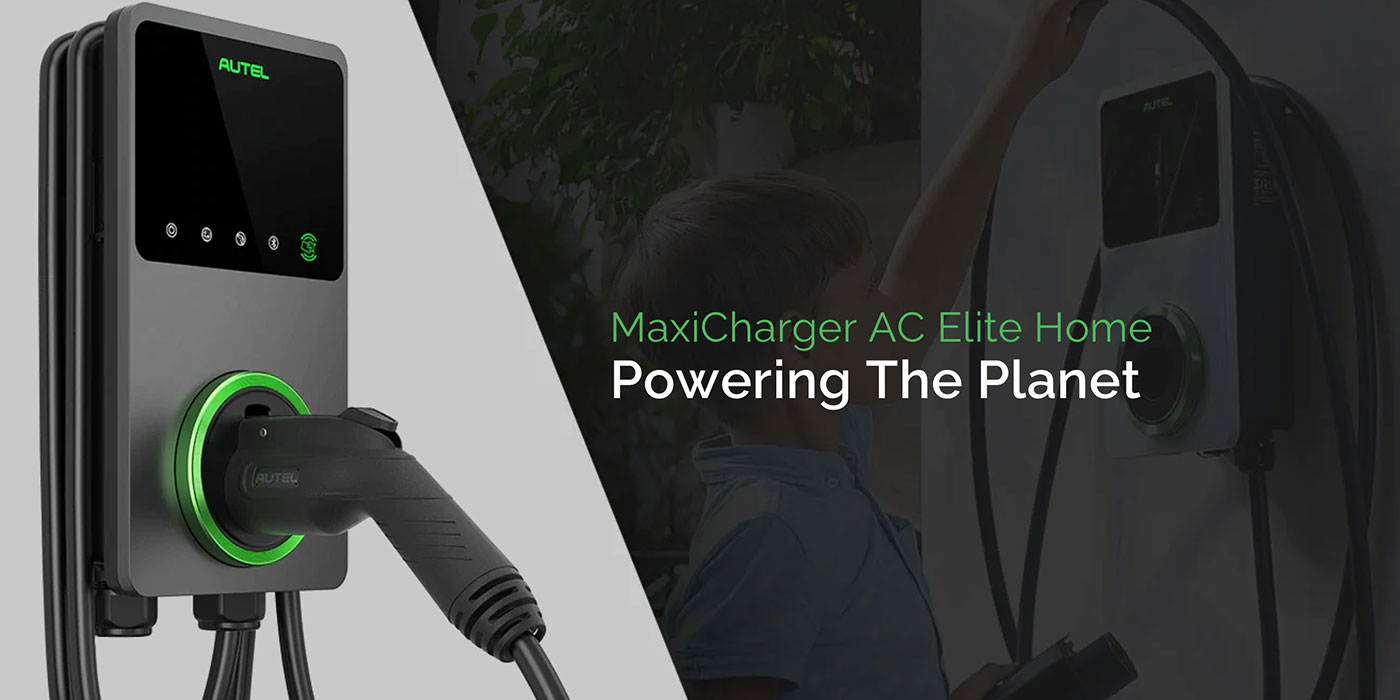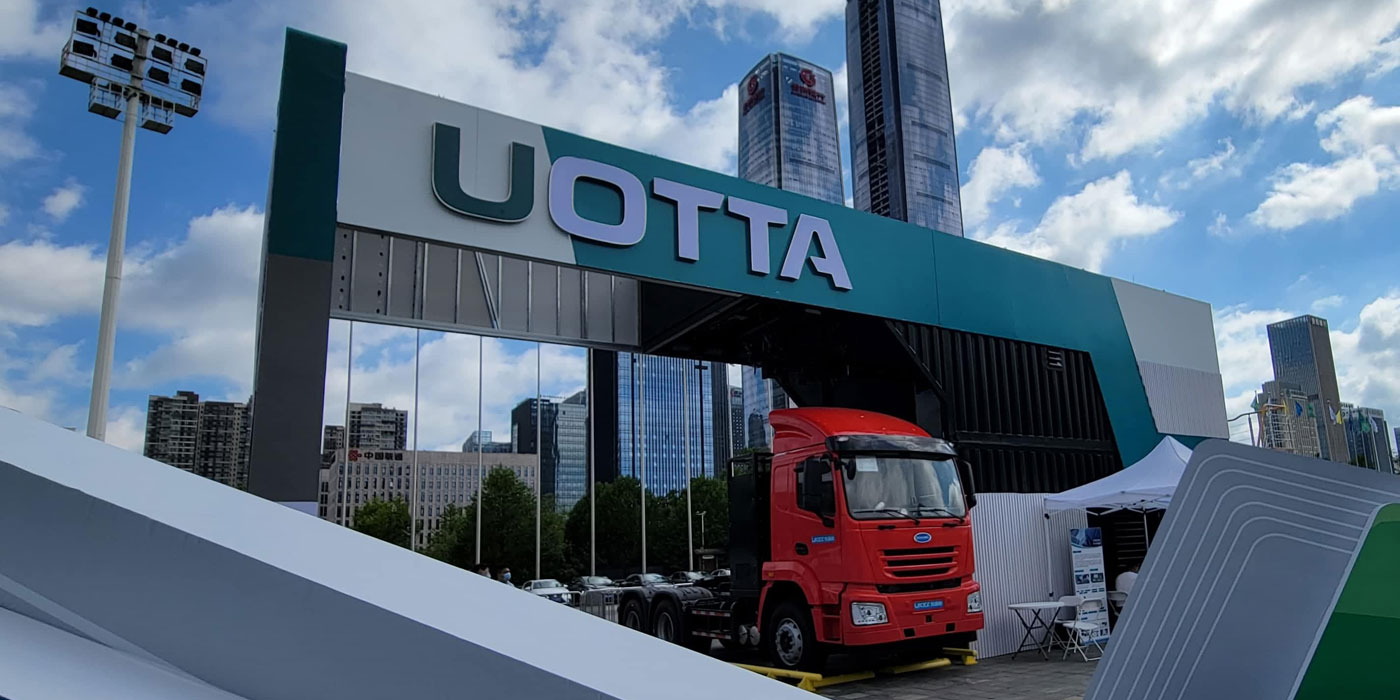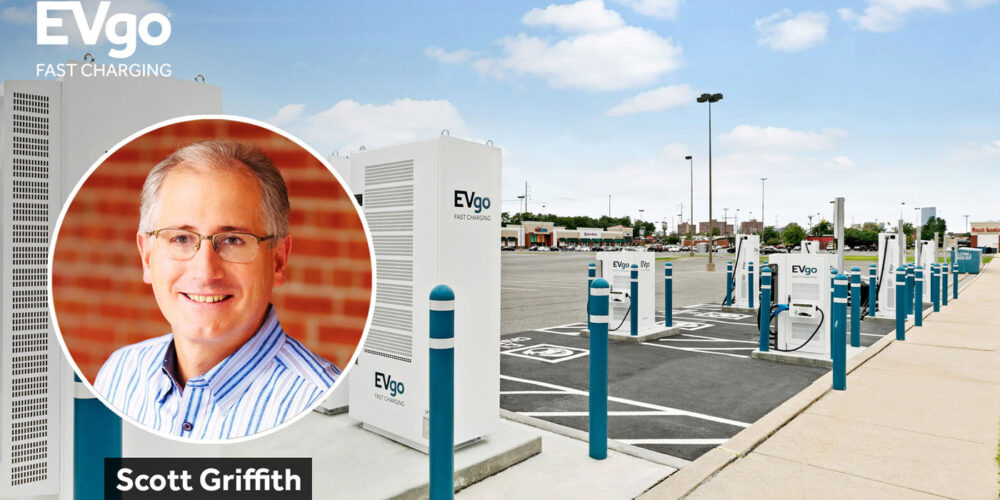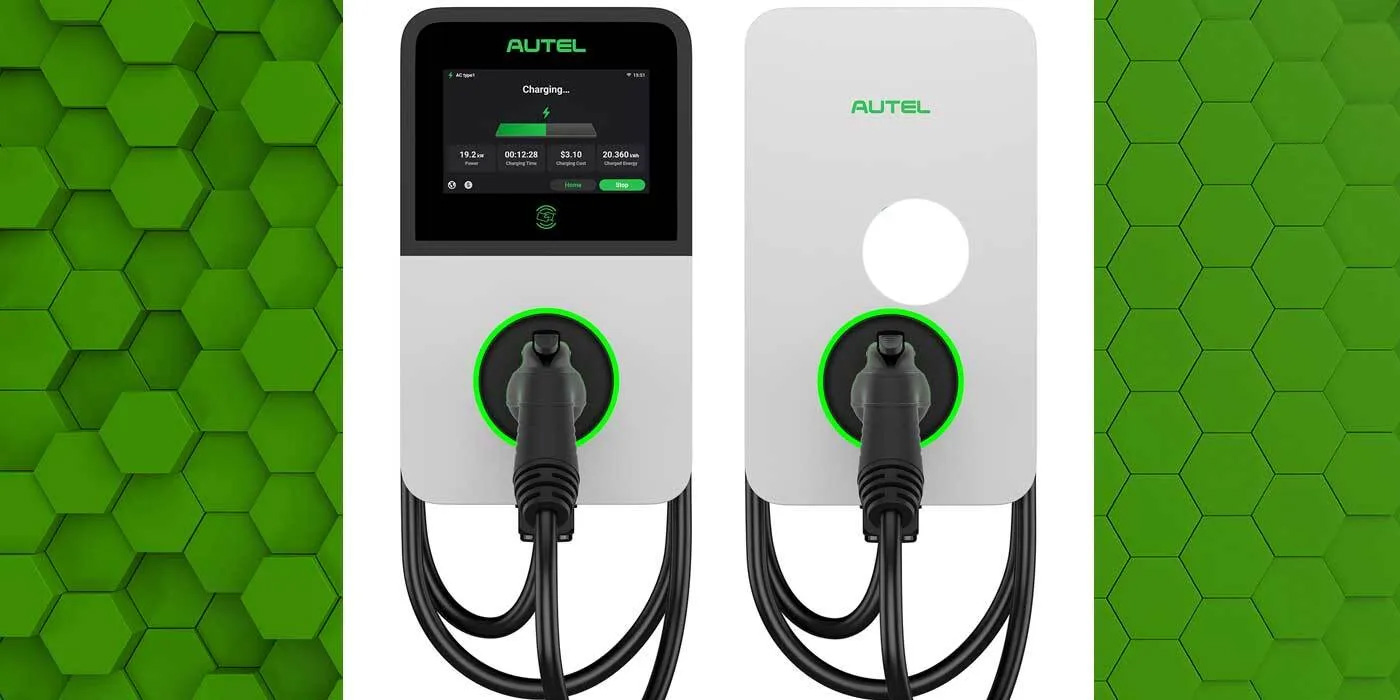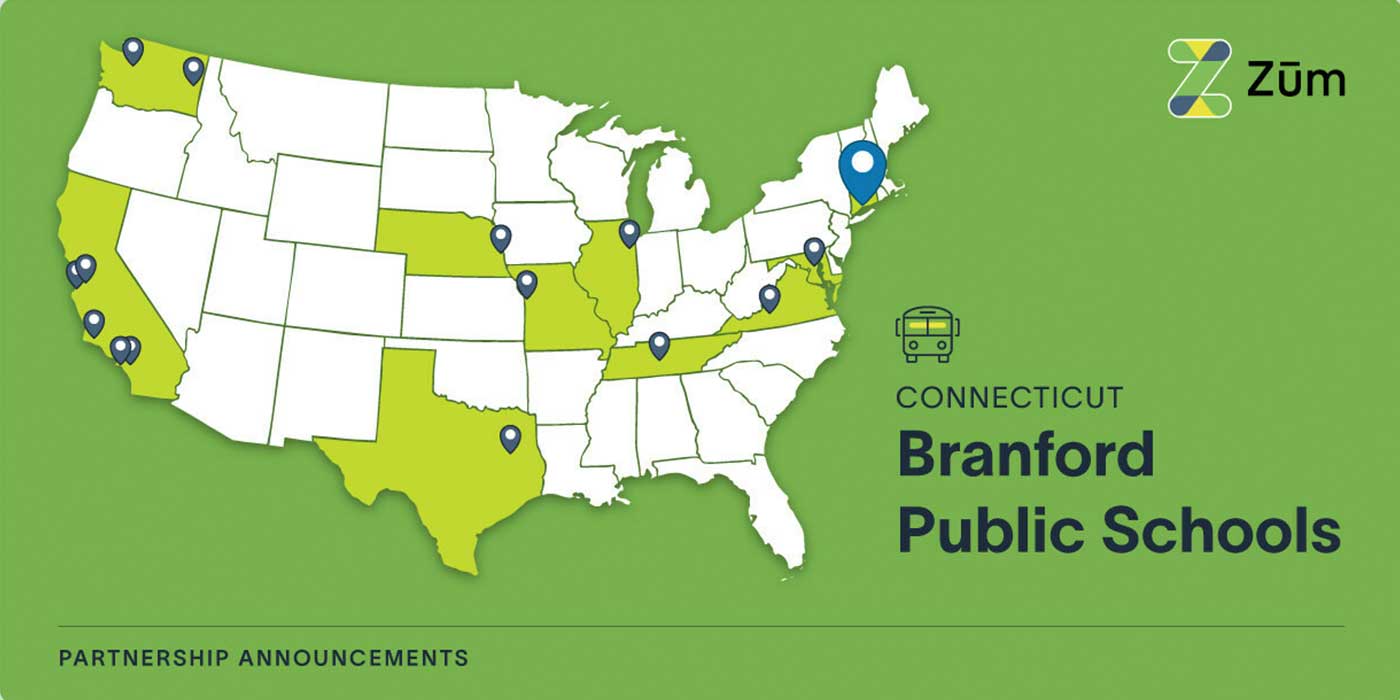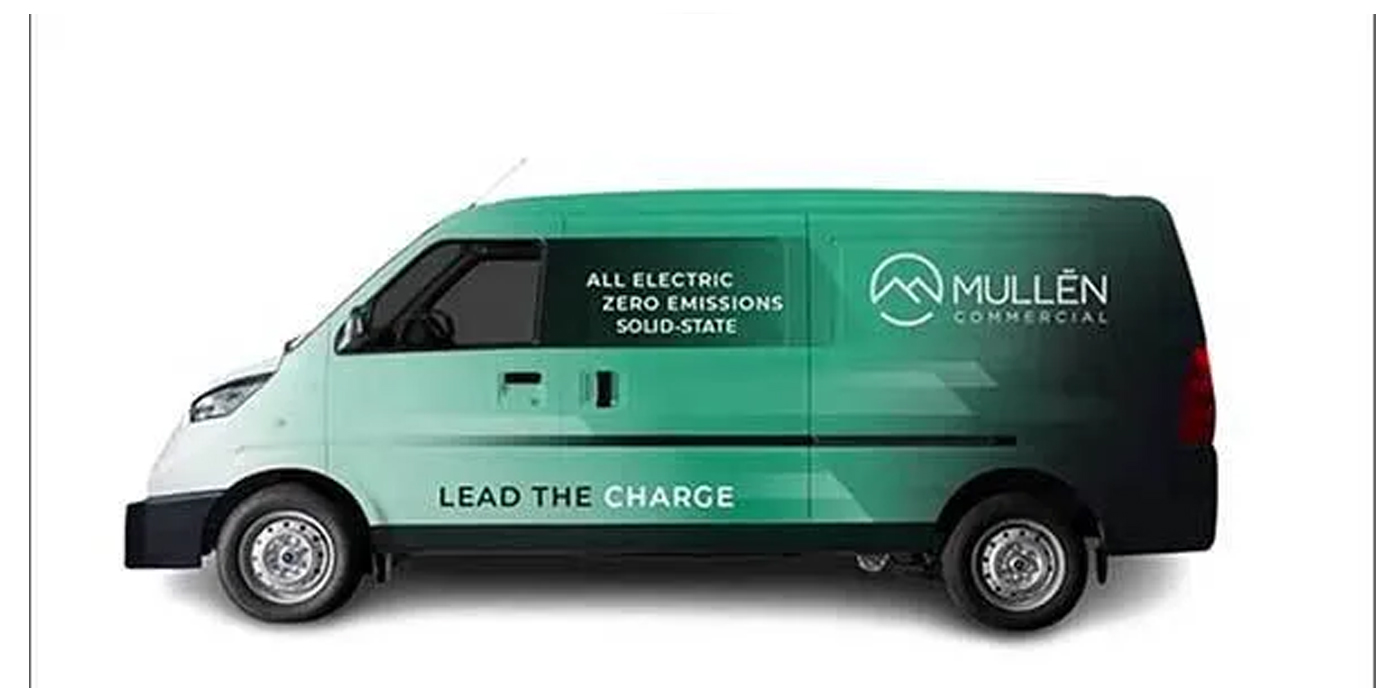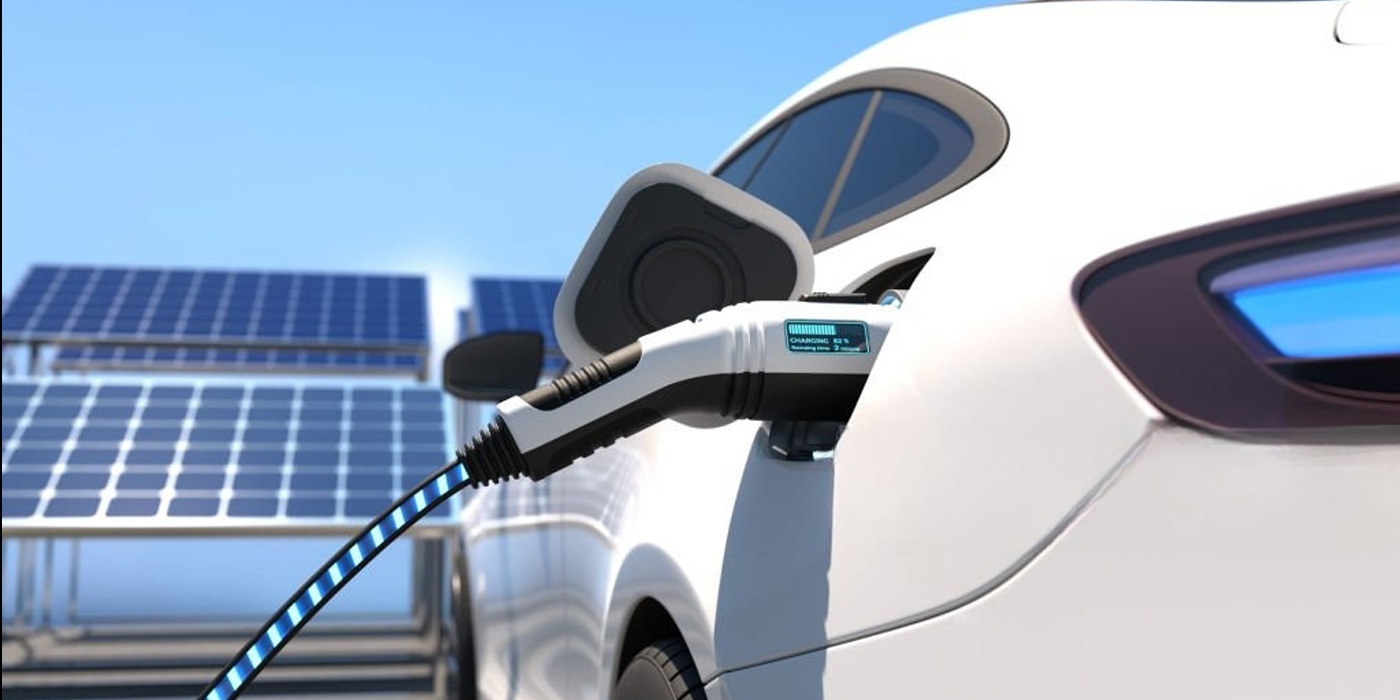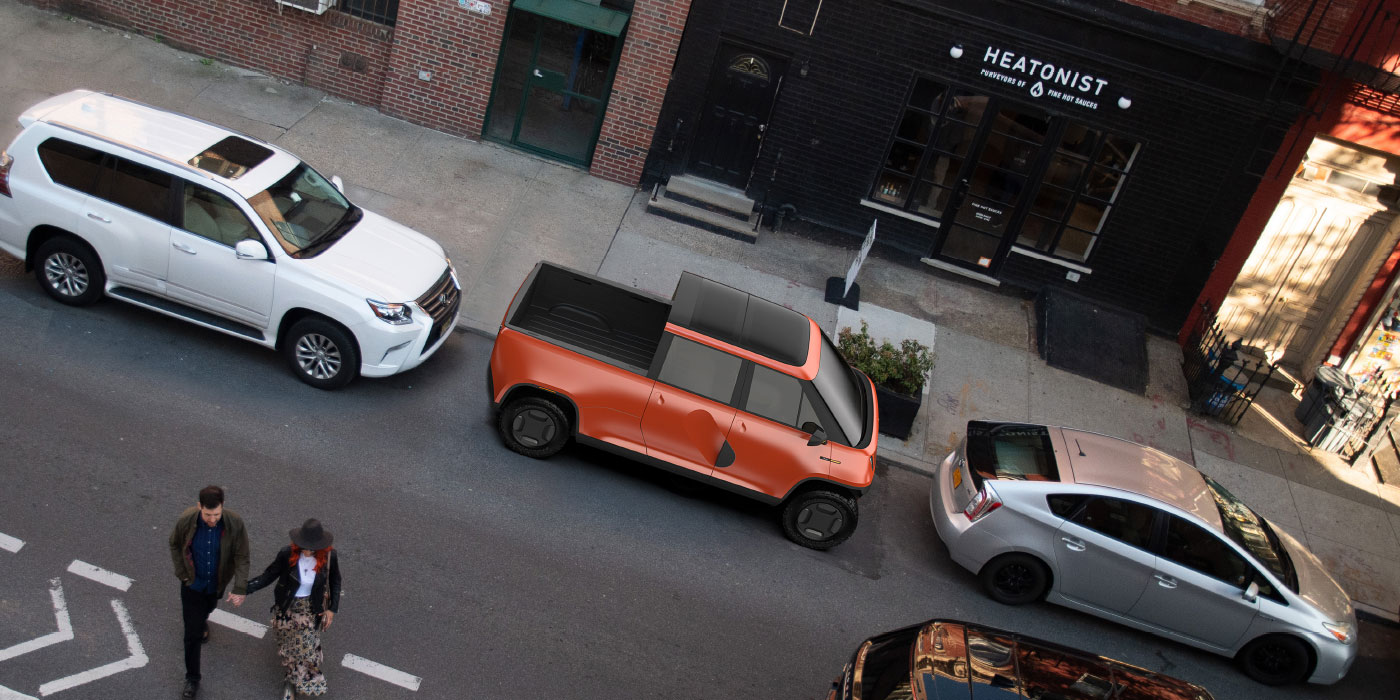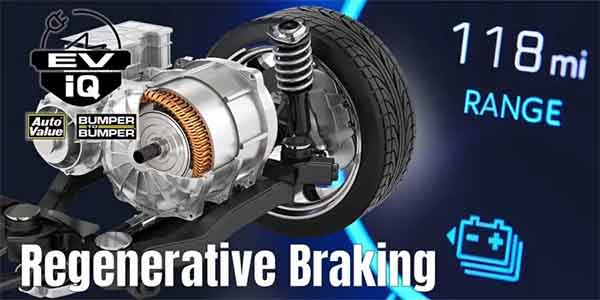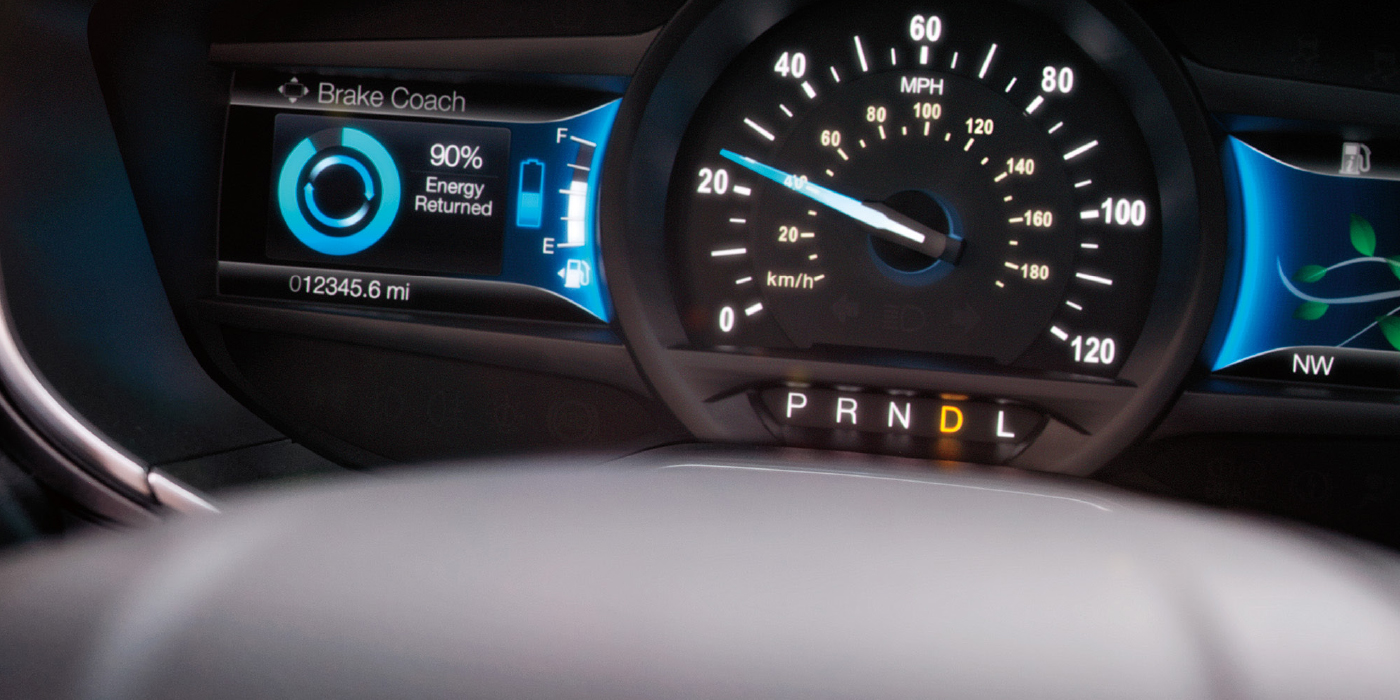LG Electronics has inaugurated its first United States-based factory for assembling electric vehicle (EV) charging stations in Fort Worth, Texas. The new factory marks LG’s entry into the U.S. EV charger market and is expected to create new jobs and support the expansion of America’s EV charging infrastructure, the company said.
The opening ceremony was attended by Fort Worth Mayor Mattie Parker, along with LG Electronics senior executives Alec Jang, president of the LG Electronics Business Solutions Company; H.K. Suh, head of LG’s EV Charging business division; and Nicolas Min, president of LG Business Solutions USA.
President Jang emphasized the importance of the EV charger business for LG’s future, stating, “The EV charger business is a growth engine for LG’s future, supporting the company’s transformation into a smart solutions company.” He also expressed LG’s ambition to become a global leader in the EV charging business by leveraging the quality and reliability of its chargers and maintenance services.
The factory has an annual capacity of over 10,000 units and initially occupies about 60,000 square feet of a 100,000-square-foot building, allowing for future expansion. The facility operates using 100 percent green power and is part of LG’s ongoing commitment to Fort Worth, where it has maintained a significant distribution center for three decades.
Michael Kosla, senior vice president of LG Business Solutions USA, noted that the factory marks a significant step in LG’s plan to support the electrification of America. He explained that the Level 2 and Level 3 EV chargers produced at the factory will provide new opportunities for businesses and public places to support EV infrastructure with independently owned and operated charging stations.
LG’s approach involves empowering locations like hotels, restaurants, and municipal buildings to operate their own charging stations, set their own rates and retain profits, addressing the need for hundreds of thousands of new chargers in the U.S., LG said.
The Fort Worth factory is currently assembling Level 2 AC Chargers with variable current settings for up to 11kW output power. These chargers are designed for wall mounting and have been certified to UL2594 and Energy Star standards. Starting in the second quarter, the plant will also assemble LG’s first Level 3 DC Charger, a stand-type model providing fast charging up to 175kW. Additionally, plans for 350kW ultra-fast-chargers are in LG’s product roadmap for the year.
LG’s EV charger launch is part of a broader electrification strategy that includes a suite of products for home electrification, such as HVAC systems, water heaters, energy storage systems and smart appliances. The company also offers the LG ThinQ Energy platform to help customers manage their home’s energy usage, the company said.

